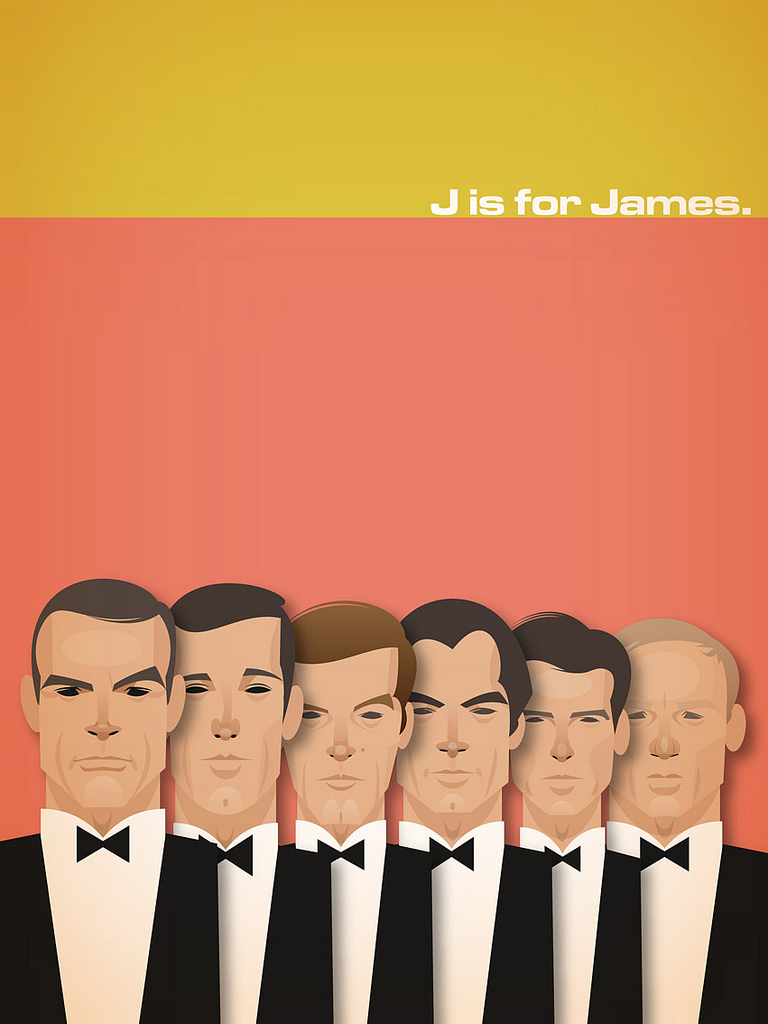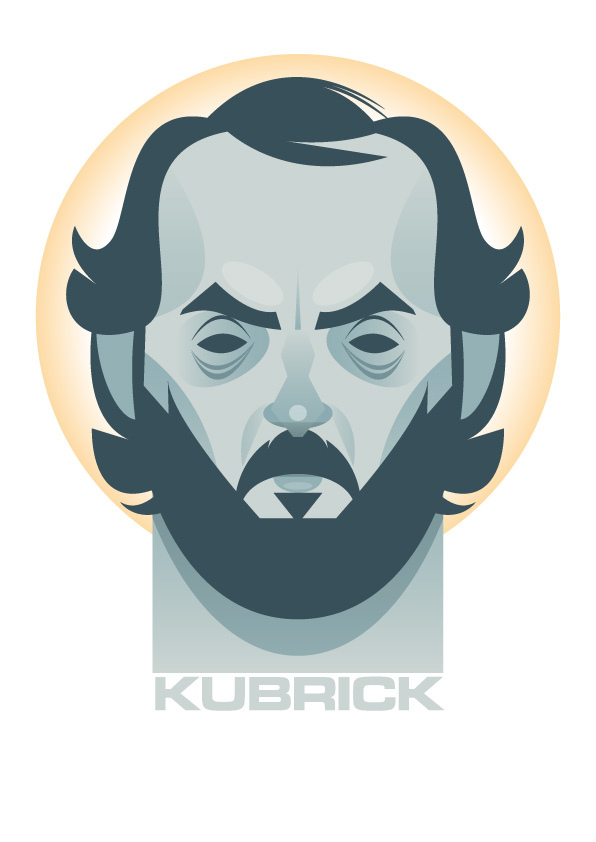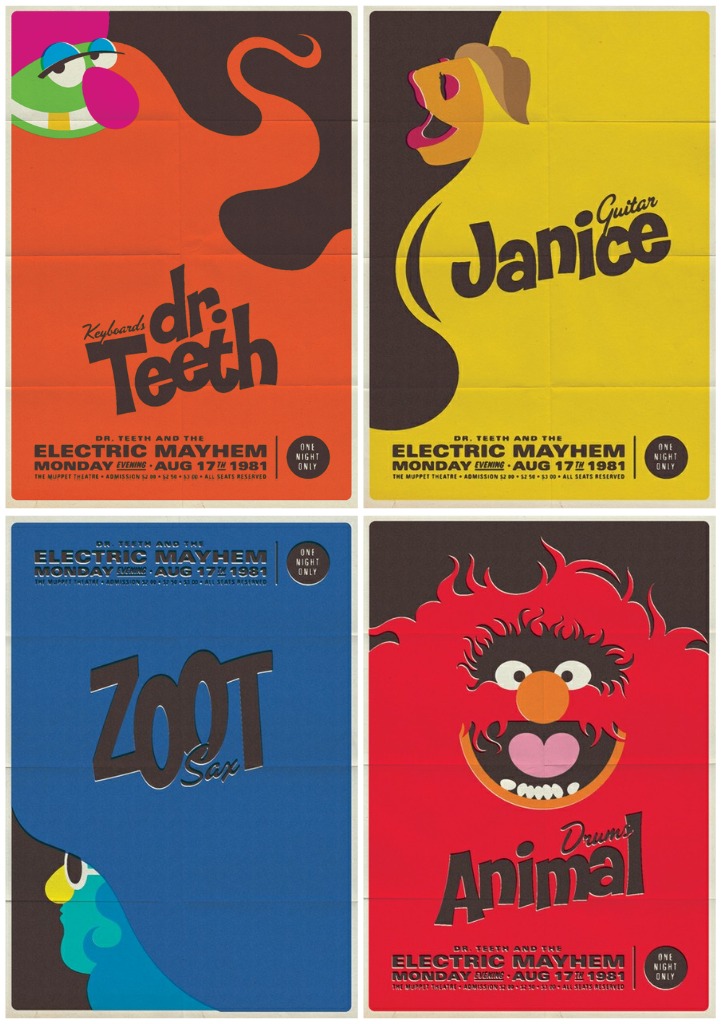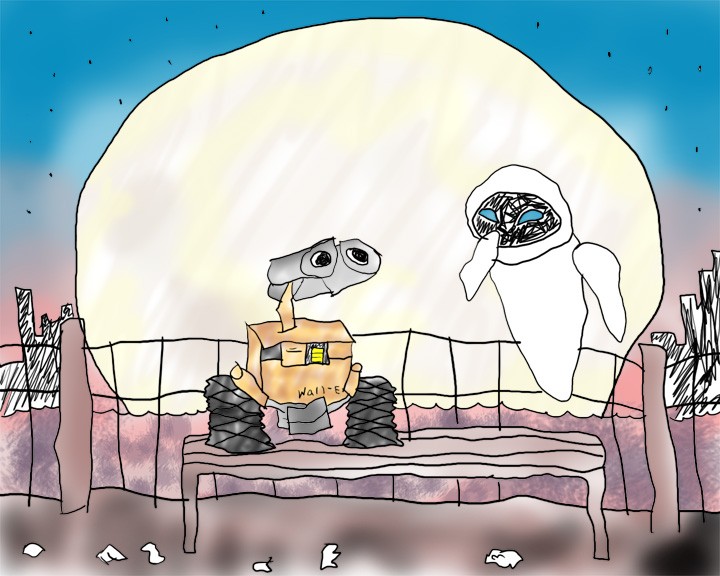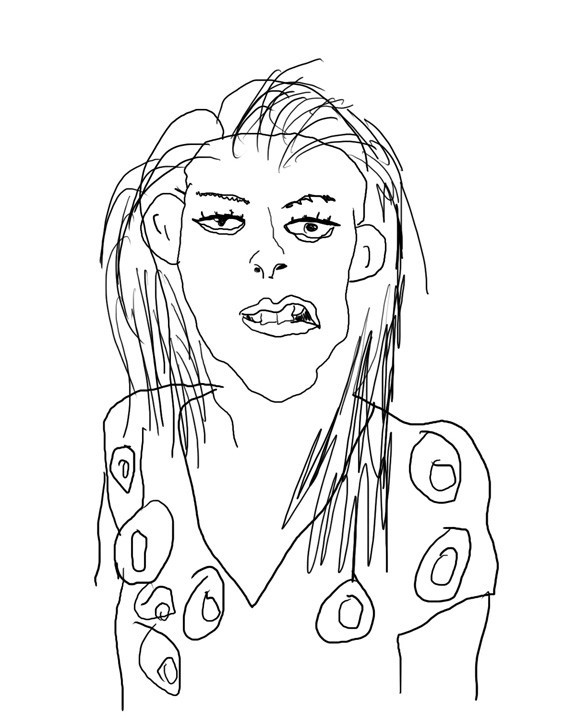Curio: David Cronenberg in 1988
 Tuesday, December 6, 2011 at 8:40AM
Tuesday, December 6, 2011 at 8:40AM Alexa here. While I anxiously await getting out to see A Dangerous Method, I've been busying myself reading all the reviews, interviews (including Nathaniel's) and accompanying discussion of how un-Cronenbergian the film is. Well, he's been accused of that before, hasn't he? The first time I recall it happening was with one of my personal Cronenberg favorites, Dead Ringers, which, at the time, seemed to break from his previous, more pure genre films. Then, after reading in a recent interview that he attempted adapting Dead Ringers for television (yes, please!), I decided to dig up this old issue of American Film I've held onto, mostly for the Cronenberg interview it contains. Here are some excerpts from the piece, written by Owen Gleiberman, which is an interesting read today, given the trajectory Cronenberg's career has taken since.
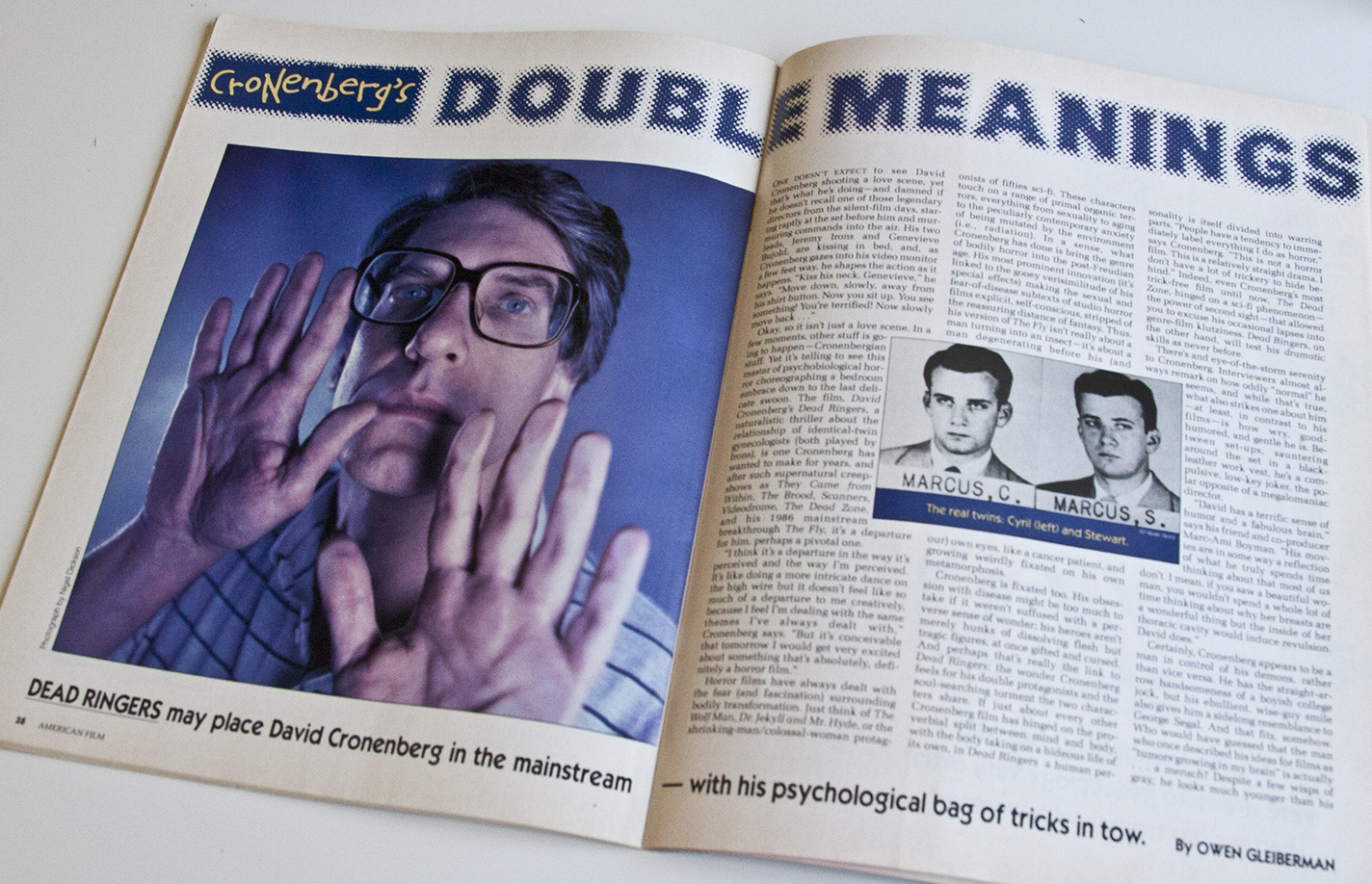
[As for the upcoming Dead Ringers], "I think it's a departure in the way it's perceived and the way I'm perceived. It's like doing a more intricate dance on the high wire but it doesn't feel like so much of a departure to me creatively, because I feel I'm dealing with the same themes I've always dealt with," Cronenberg says.
In a sense, what Cronenberg has done is bring the genre of bodily horror into the post-Freudian age. His most prominent innovation (it's linked to the gooey verisimilitude of his special effects) is making the sexual and fear-of-disease subtexts of studio horror films explicit, self-conscious, stripped of the reassuring distance of fantasy...If just about every Cronenberg film has hinged on the proverbial split between mind and body, with the body taking on a hideous life of its own, in Dead Ringers a human personality is itself divided into warring parts. "This is not a horror film. This is a relatively straight drama. I don't have a lot of trickery to hide behind."
Despite their fixation on disease, Cronenberg's films have dealt explicitly with sexuality as far back as They Came From Within. "It was very important that my twins are gynecologists. Somehow, it was the idea of two men forming a perfect unit that excluded everybody else. The twins share not only one woman in particular sexually, but they share their understanding of women and their study of women...I identify with all my scientists and my doctors, because I think what they are and what they do is very similar to what I do. And then I've always been very fascinated with how abstract elements, whether it's spirituality or sexuality, relate to physical elements of our life, which is to say, genitalia and brains and things like that."
"I think [Dead Ringers] really relates to all intense relationships in which things happen that have the potential to become liberating on one level but suffocating on the other level. And I think at that point you're talking about marriage, you're talking about parents and children. The twins become a metaphor for all those things."
[Editors' Note: In a moment of totally unexpected synchronicity, Nick's Flick Picks has also just written a piece on Dead Ringers (1988). Even if you haven't seen that Cronenberg masterpiece, you'll want to read it if you have any interest in the process of critics awards voting and the out-of-the-box choices various organizations make, only very occassionally, when it comes time to name the "Best". -Nathaniel]
 A Dangerous Method,
A Dangerous Method,  Curio,
Curio,  David Cronenberg,
David Cronenberg,  Dead Ringers,
Dead Ringers,  magazines
magazines 


